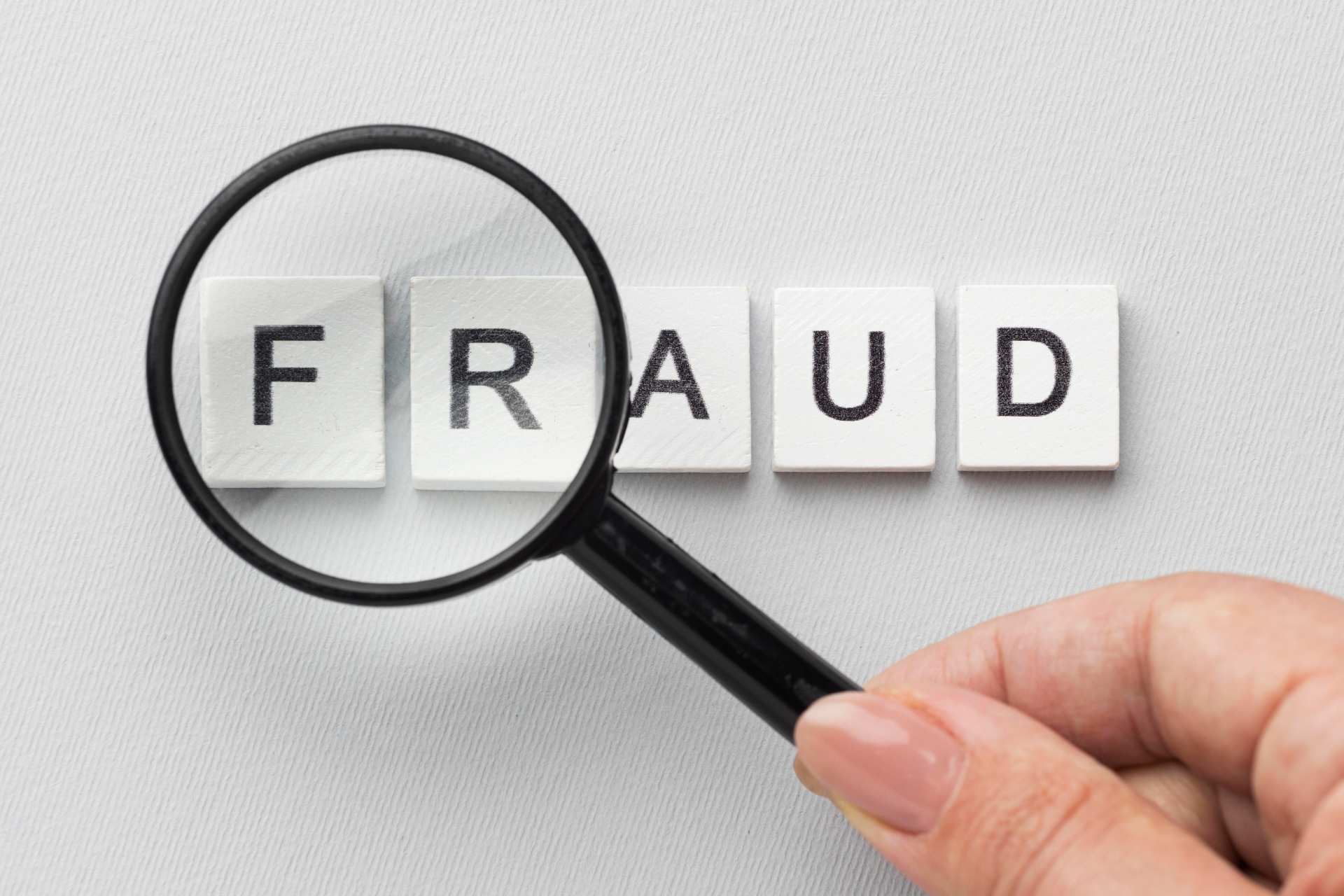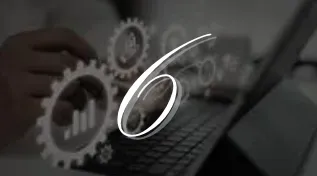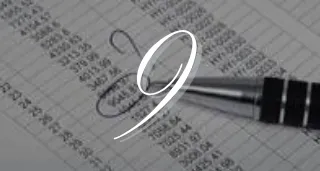.avif)

.webp)

Fully compliant. Funds settle into your Client Account without delay, strictly adhering to MEAS Standard 9.
Funds are never commingled. They are processed securely by CHIP and reconciled into your account by the next business day.


Zero transaction fees. Buyers pay the exact deposit amount, and agencies pay nothing to receive it.
We partner with Bank Negara registered payment gateway (CHIP IN Sdn Bhd) to ensure competitive rates, rapid settlement times, and direct local support.


Agencies are reporting institutions. We automate your specific compliance obligations under the AMLA 2001 Act.
Streamlined process. You only need to upload the OTP/OTR to link the deposit; no duplicate document uploads required.


Your commissions are untouched. We monetise downstream valuation leads via ValuationXchange and bank partners.
You stay in control. We identify risks, but your agency decides whether to proceed or refund based on your internal SOPs.


Audit-ready clarity. Bank statements clearly show "CHIP" transfers, supported by downloadable reconciliation reports.
FPX is standard. Credit card payment options for international clients are scheduled for release in Q1 2026.

Be part of the movement for transparent,
tech-enabled valuation in Malaysia.


Fraudulent mark-up loans—where property valuations are intentionally inflated—are emerging as a serious concern in Malaysia’s property sector. Despite being illegal, these loans remain widespread, driven by affordability pressures, speculative behavior, and systemic weaknesses.
A mark-up loan involves artificially inflating a property's valuation to secure a higher loan amount than its true market value. These inflated valuations often involve collusion between buyers, sellers, agents, and occasionally, valuation professionals. The extra funds—often described as "cashback"—are used by buyers to cover down payments, renovations, or outstanding debt.
Parties involved may face serious criminal charges such as fraud, cheating, or abetment under Malaysia’s Penal Code (Act 574).
Shocking as it may seem, some property listings openly promote mark-up and cashback schemes, making them appear commonplace. Driven by commission incentives, a number of agents—and in rare cases, valuers—compromise ethics.
As stated by Subramaniam Arumugam, President of PEPS, "The valuation profession is highly regulated with practitioners bound by strict standards. However, we cannot overlook instances of collusion."
Joe Thor, Executive Director of ValuationXchange, weighed in on the systemic solution:
“Such fraudulent activities violate banking regulations and ethical standards, constituting financial fraud by misleading lending institutions. However, despite stringent regulations and penalties, mark-up loans persist due to deeper systemic issues in the property financing ecosystem.”
He emphasized ValuationXchange’s role in combating fraud:
“Beyond using the tools we’ve designed to ensure greater compliance with the Malaysian Valuation Standards, we have developed a platform crucial to helping banks strengthen lending decisions with accuracy, directly from professional valuation practitioners. By enabling greater compliance and mitigating fraud risk before loan disbursement, we can collectively build a more stable and resilient property market in Malaysia.”
In case of borrower default, banks face losses because the inflated loan amount exceeds the actual property value. MIEA’s former president, Tan Kian Aun, notes that “the practice distorts market pricing as it artificially inflates prices, pushing affordability further out of reach for struggling potential home buyers.”
Manual valuation processes—reliant on too much human judgment—lack transparency, introduce audit trail weaknesses, and create fraud opportunities.
Moreover, reluctance among banks to embrace digital platforms stems from concerns over initial costs, internal resistance, and a preference for short-term KPI results.
Curtailing mark-up loan fraud requires cooperation across stakeholders: banks, regulators, lawyers, property professionals, and consumers. Industry campaigns are vital—educating buyers about legality, clarifying the consequences of fraud, and encouraging banks to adopt secure digital platforms that enhance valuation transparency and regulatory compliance.
Mark-up loan fraud remains a significant threat to housing affordability and financial stability in Malaysia. By leveraging technology and reinforcing ethical standards, platforms like ValuationXchange aim to restore integrity and resilience to Malaysia’s property financing space.
Why fraudulent mark-up loans persists, StarProperty.my, 11 July 2025, by Joseph Wong.
Ready to Elevate Trust in Property Valuation?Join the #TransformationTribe and discover how ValuationXchange empowers smarter lending through trusted, tamper-proof, and transparent valuation workflows.
Reach out to our team to explore how we can support your valuation, compliance, or risk management transformation.